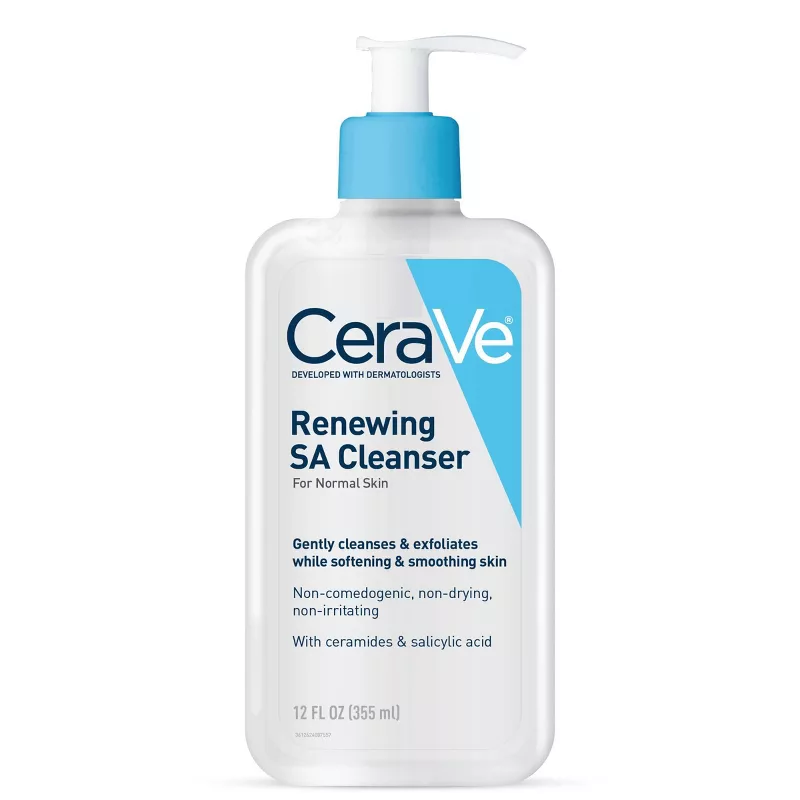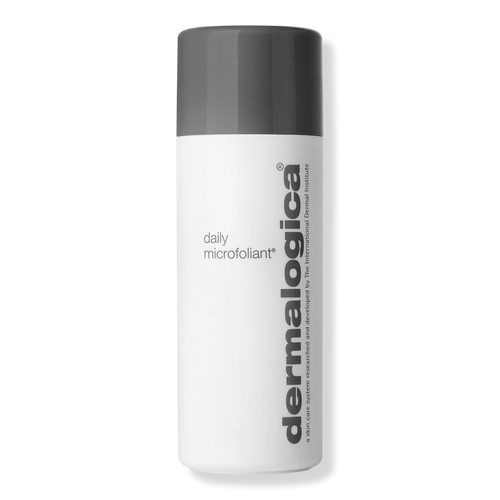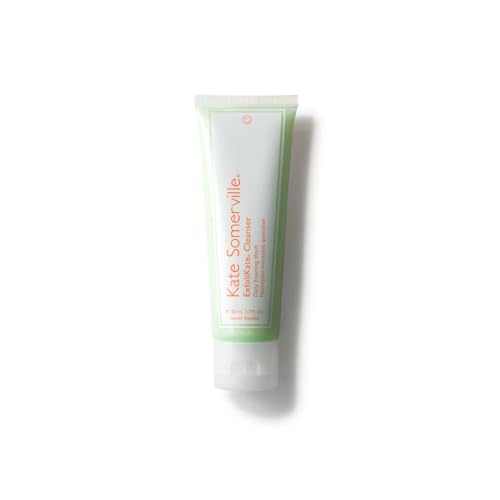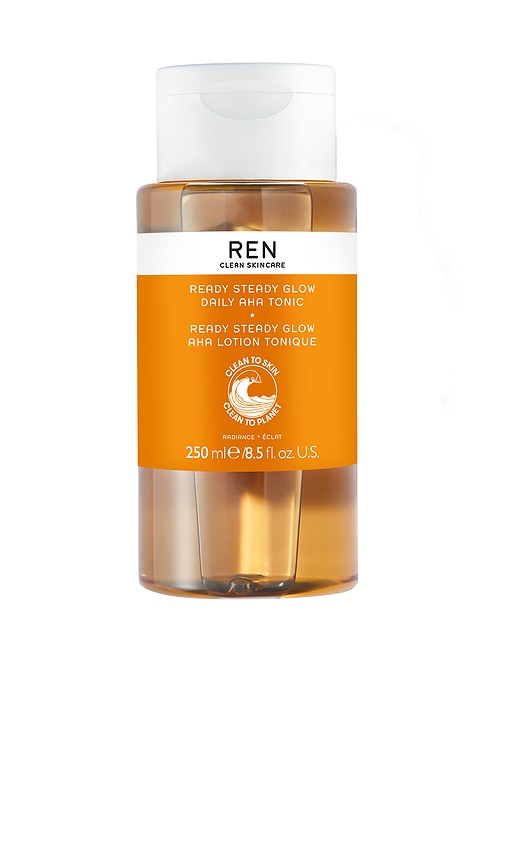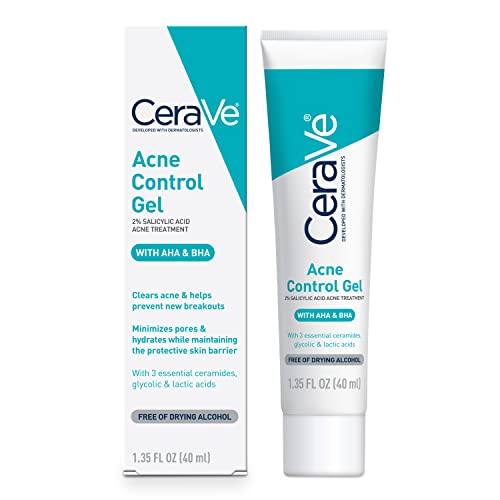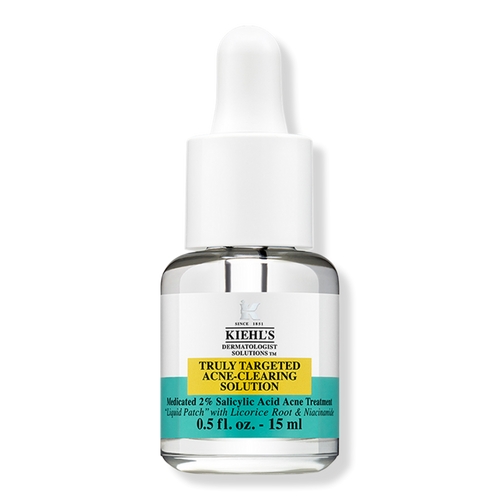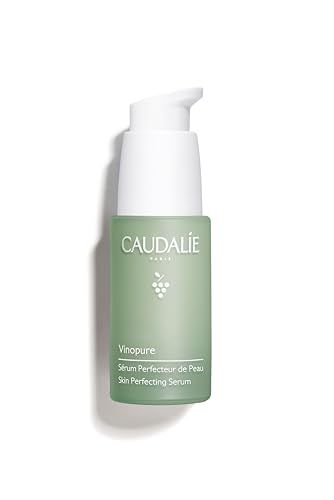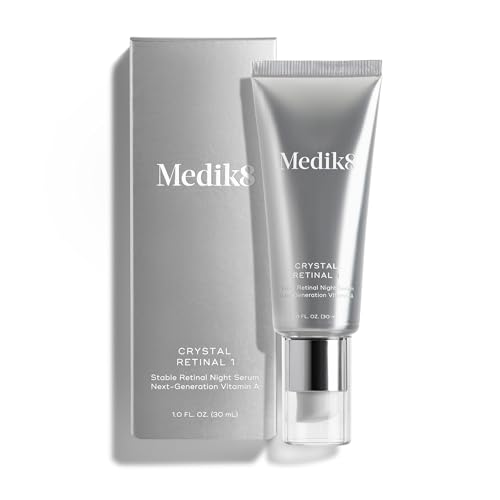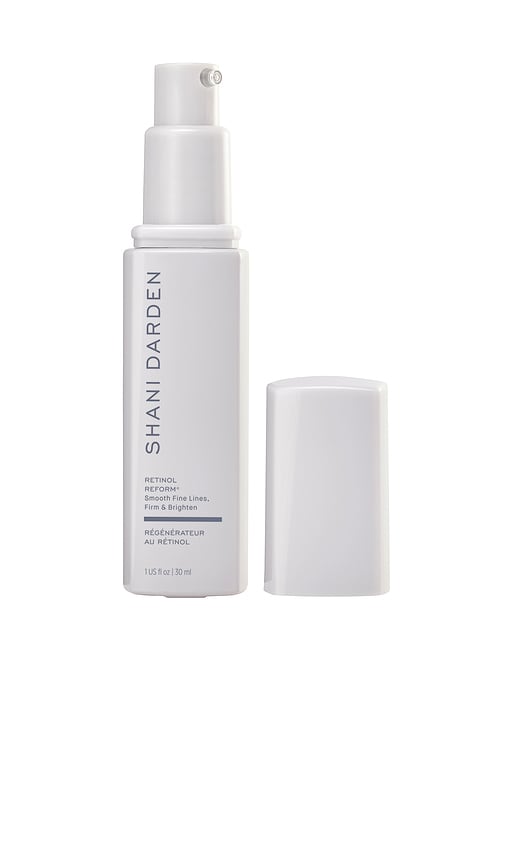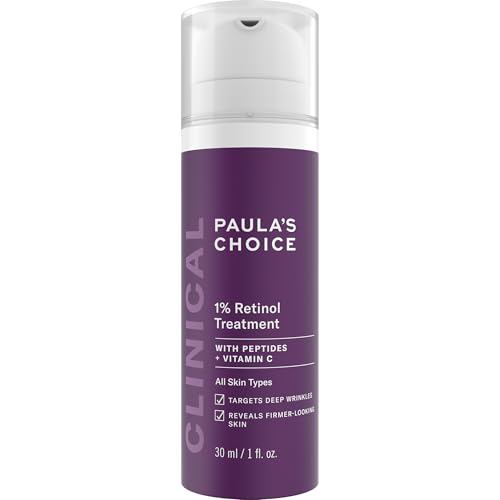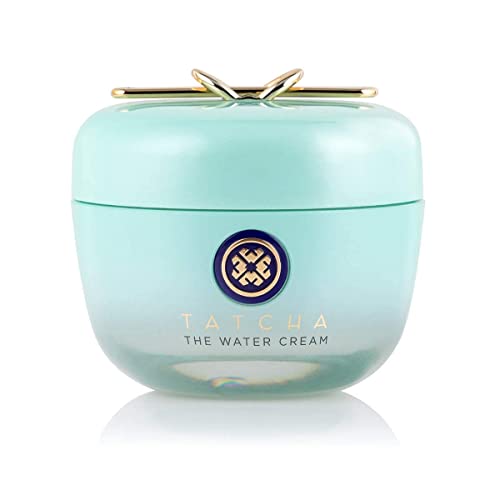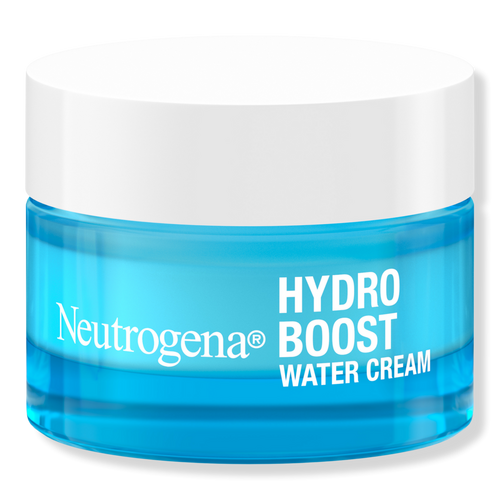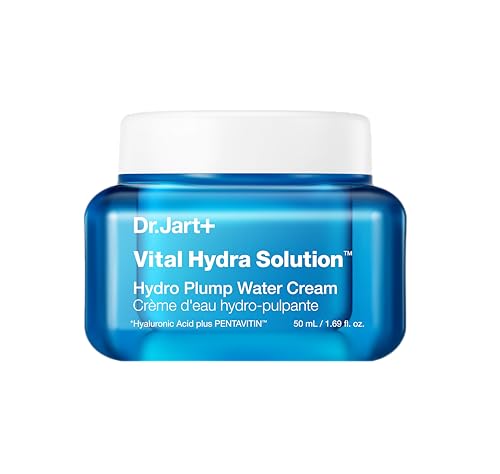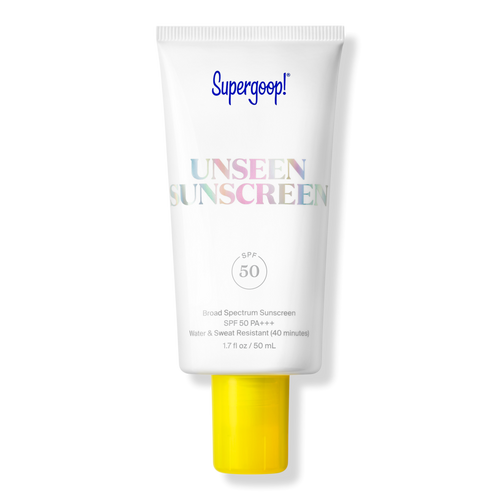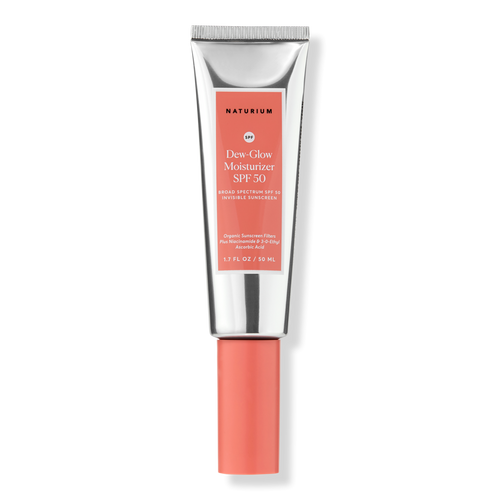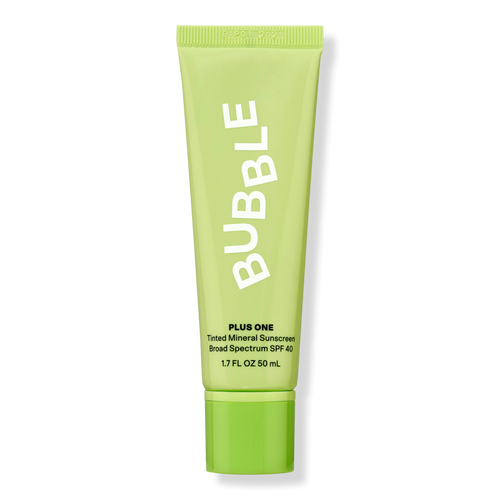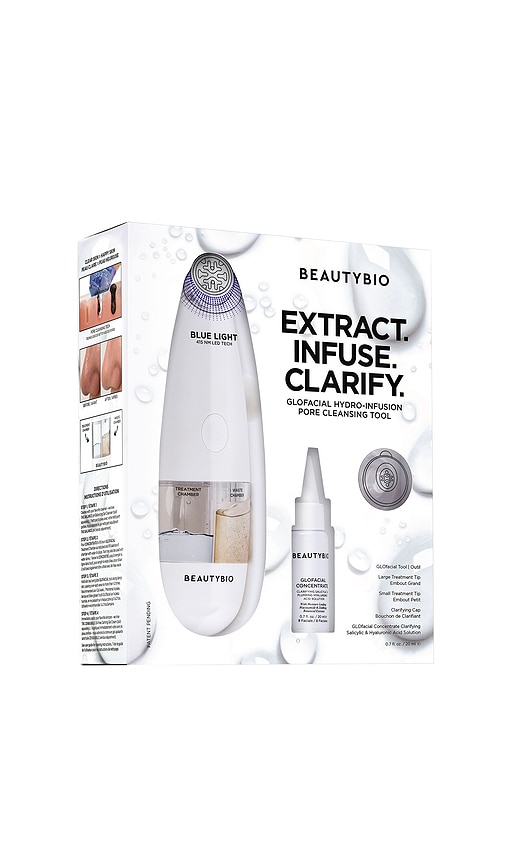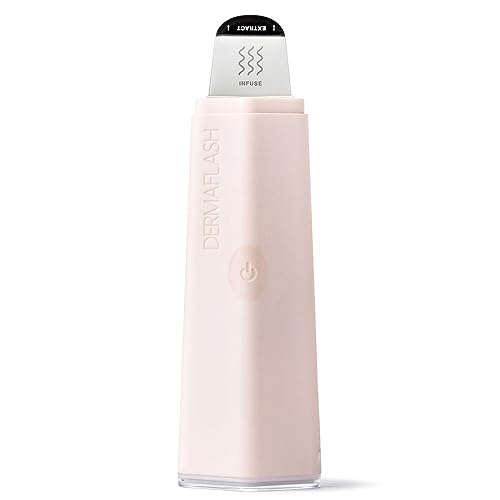13 Dermatologist-Approved Tips to Minimize Pores for an IRL Filter Effect
Say goodbye to the gunk.
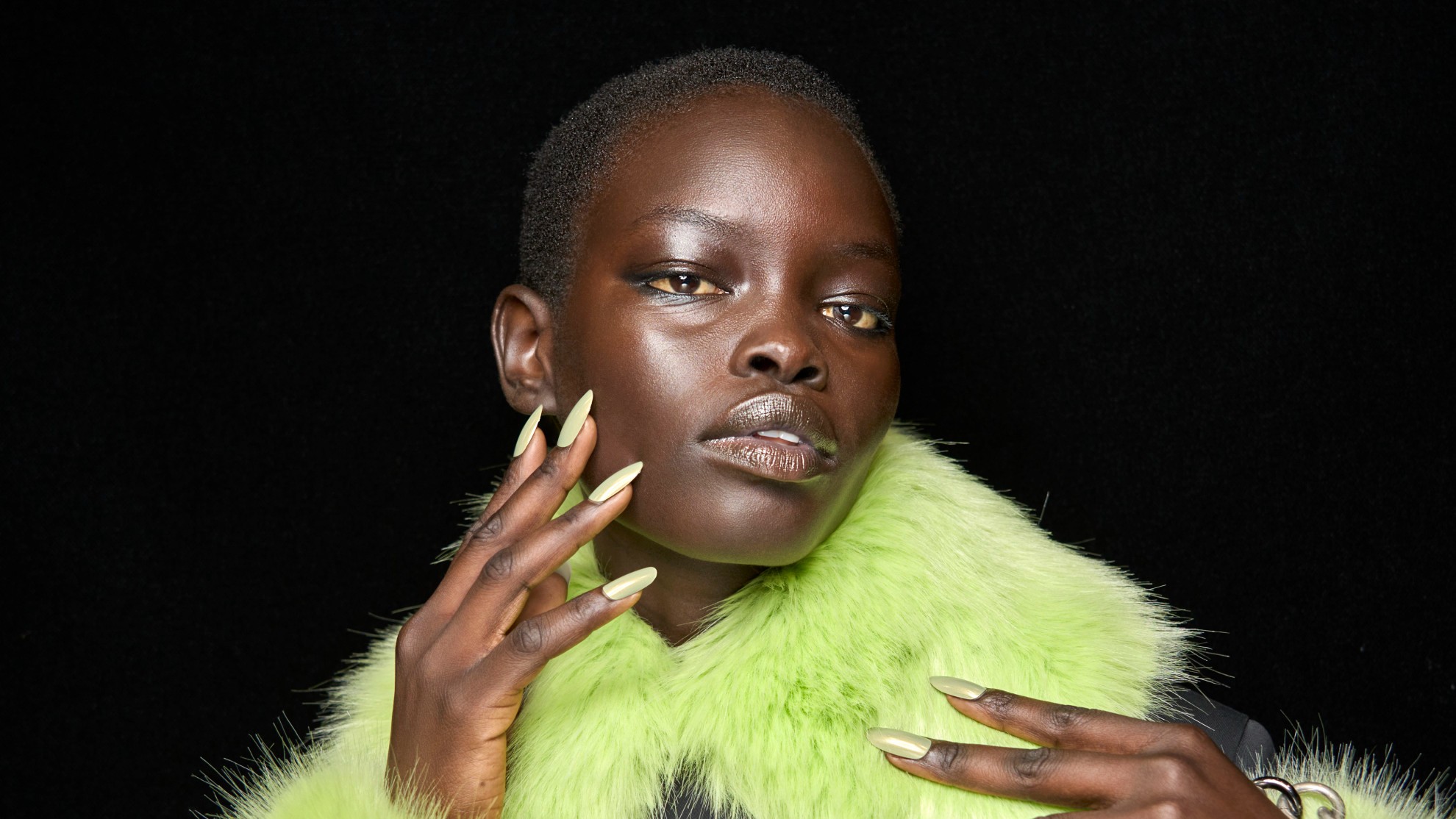
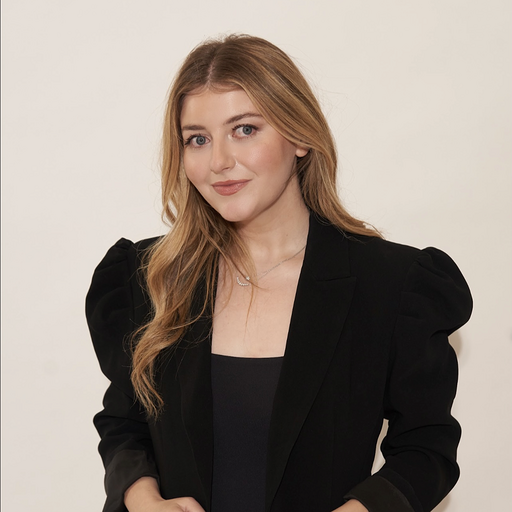
Let's get something straight: Following a checklist on how to unclog your pores won't get you very far. You cannot erase or eliminate your pores. Love them or hate them, pores are a structural layer of your skin that will always be there. If you want to know how to minimize pores, though, I've got you covered—just keep your expectations realistic.
You can focus your attention on removing excess dirt and oil from your pores, which will, in turn, make them appear smaller. A skincare routine that includes the best pore vacuums, the best at-home chemical peels, and one of the best cleansers for combination skin is a solid start. But there are also a ton of dermatologist-approved tips to get out all the gunk and make your pores look less noticeable. Lucky for you, we've spoken to the experts and meticulously laid out how to minimize your pores ahead.
Here, board-certified dermatologists Joshua Zeichner, M.D. FAAD, Rachel Nazarian, M.D. FAAD, Nava Greenfield, M.D. FAAD, and Ginger King, a cosmetic chemist, share their must-read tips for blurring pores and achieving smooth, glowing skin.
Why Do Some Pores Look Larger Than Others?
Pore size is genetically determined, so there's a certain amount you can't change. Some individuals are simply born with larger-looking pores than others. "Both genetics and environmental factors will influence the size of pores," says Dr. Greenfield. "Hormonal influences also have an effect." With that in mind, it's common for oily or acne-prone skin to present with larger-looking pores than those who have dry skin.
Can You Shrink Your Pore Size?
Good news: "There are interventions that can change the appearance and size of your pores," says Dr. Greenfield. "The size is not fixed and changes with age, hormones, and environmental factors."
You can minimize how large your pores look by making certain changes to your lifestyle and skincare routine. Regularly removing dirt, oil, and dead skin cell buildup from your pores will make them appear smaller to the naked eye.
How to Minimize Your Pores
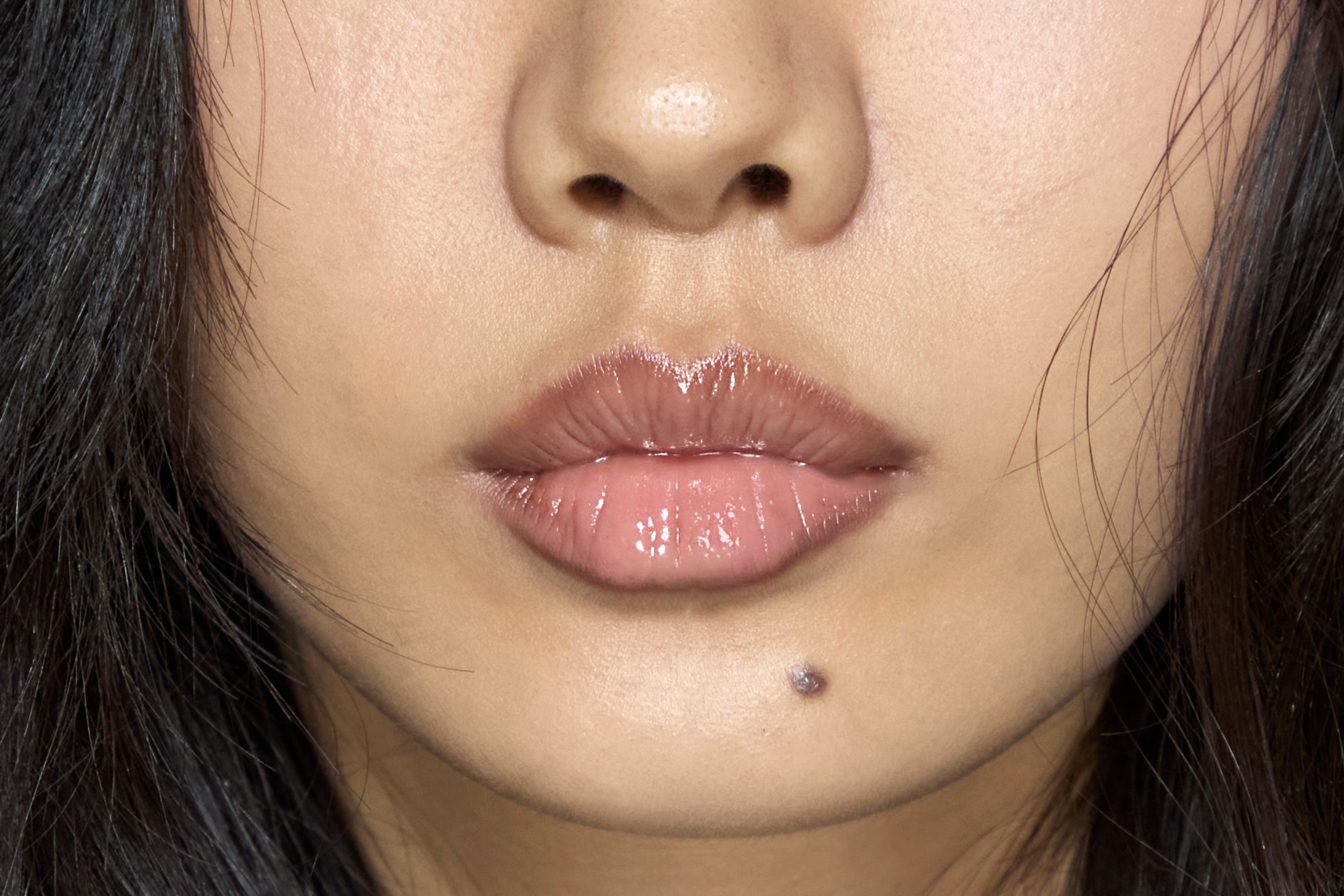
While pores can't completely disappear, the following 13 tips can help reduce their appearance.
Pore Minimizing Tip #1: Do Daily Deep Cleanses
Forgive me for stating the obvious, but you must wash your face. Doing so twice daily (once in the morning and once at night) is recommended to prevent makeup, oil, or dirt from getting stuck in your pores.
Stay In The Know
Get exclusive access to fashion and beauty trends, hot-off-the-press celebrity news, and more.
If your skin is oily or congested, try to find a cleanser that contains detoxing or exfoliating ingredients. "Ingredients such as retinols and retinoids (creams or gels) or glycolic acid and lactic acid, when used in a face cleanser, can all help reduce the size and appearance of enlarged pores," says Dr. Greenfield.
Pore Minimizing Tip #2: Incorporate AHAs With a Toner
Alpha hydroxy acids (AHAs), like glycolic acid or lactic acid, are the holy grail of ingredients for penetrating and "cleaning out" your pores. "AHAs dissolve the connections between your cells and the surface of your skin to essentially 'unclog' pores," says Dr. Zeichner. AHAs work on the surface layer of your skin to brighten and smooth (making them more tolerable for skin that's dry and sensitive). Might I suggest one of the best glycolic acid toners?
Just a reminder: Acids make your skin more sensitive to the sun, so make sure to wear one of the best sunscreens every day.
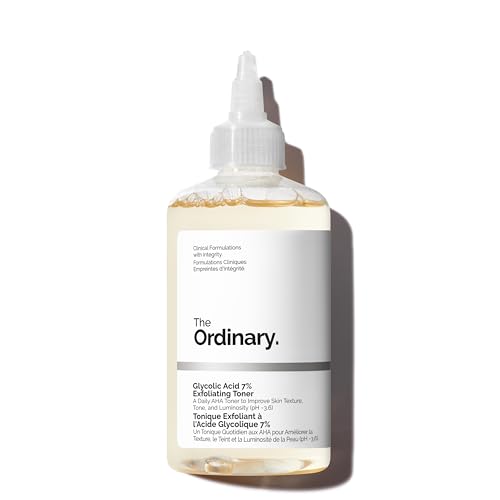
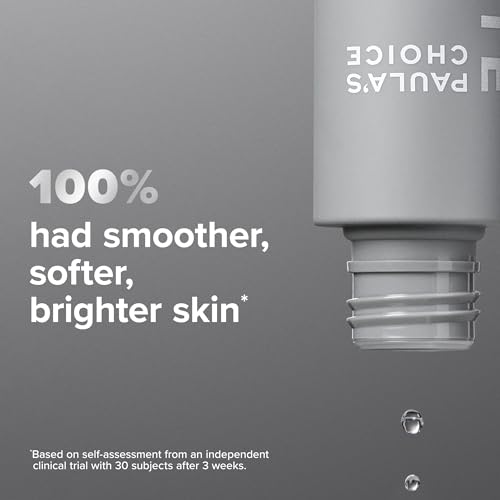
Pore Minimizing Tip #3: Use a Salicylic Acid Serum
Beta hydroxy acids (BHAs), such as salicylic acid, are the go-to dermatologist-approved ingredient for clearing up blackheads and whiteheads, making your pores appear smaller.
BHAs penetrate deeper to remove dead skin cells clogged in pores, which makes them ideal for oily or acne-prone skin. You can absolutely use one of the best salicylic acid cleansers (see above) or use a face serum that includes two percent salicylic acid. Just be cautious about doubling up—it might cause dryness and irritation.
Pore Minimizing Tip #4: Incorporate Retinol
Not only does retinol smooth wrinkles and brighten dark spots, but it also works to stop acne and shrink pores. Retinol's magic results from its ability to increase your skin's collagen production while simultaneously decreasing its oil production. This leads to smoother skin, fewer breakouts and blackheads, and tighter pores.
Because retinol can be irritating at first (you'll likely have a couple weeks of dry, flaky skin at the get-go), you want to start out with a gentle formula. Smooth a pea-size dollop over completely dry, clean skin every other night—on the opposite day you use your BHA/AHA—wait five minutes for it to absorb, and then apply your moisturizer.
Those with ultra-dry, sensitive, or rosacea-prone skin can mitigate irritation and build up skin's tolerance by using retinol only once a week for one week, twice a week for two weeks, and then three times a week for three weeks.
Pore Minimizing Tip #5: Choose Water-Based Moisturizers
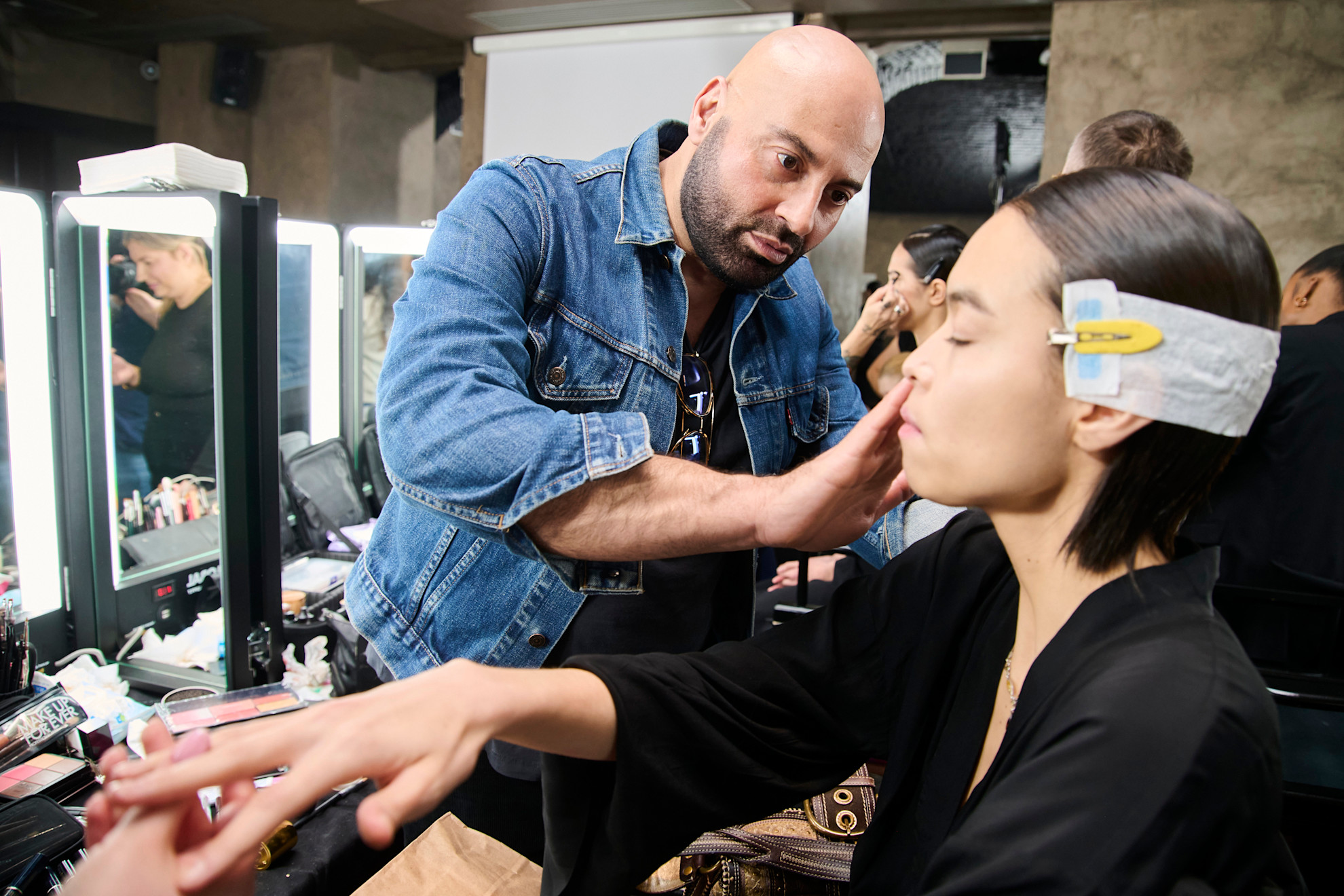
Using lightweight, water-based moisturizers or gel creams will provide hydration without suffocating your skin.
Just because your skin is oily or acne-prone, doesn't mean you can skip moisturizer; everyone needs to hydrate. Still, when deciding what products are best suited for large pores, King recommends looking for water- and gel-based formulas. "Water-based products are less oily and suitable for all skin types," she says. They feel light and fresh on the skin compared to oil-based products. Seek out "water creams" or "gel moisturizers."
Pore Minimizing Tip #6: Wear Sunscreen
"The sun breaks down your skin's collagen, which is responsible for keeping your face firm and elasticized, so you're left with larger pores and stretchier skin after repeat exposure," says Dr. Nazarian. So, slather on a minimum of SPF 30 every morning—just make sure you choose one of the best sunscreens for acne-prone skin. These are all non-comedogenic, meaning they won't clog your pores or make them appear larger.
Pore Minimizing Tip #7: Look for Pore Minimizing Treatments
The best pore-minimizing products will contain ingredients designed to de-gunk your complexion, get rid of dead skin cells, and absorb oil. In addition to looking for retinol and alpha—and beta-hydroxy acids, King also recommends looking for ingredients like lecithin (egg yolk), niacinamide, rose extract, avocado extract, hydroxystearic acid, and butyl avocadate. You can often incorporate these ingredients by doing once- or twice-weekly face masks.
Pore Minimizing Tip #8: Avoid Pore-Clogging Ingredients
Being strategic about what ingredients you put on your face is just as important as the ingredients you avoid putting on your face. Creams or oils, like cocoa butter, shea butter, or jojoba oil will widen out pores and contribute to breakouts. "Thick and heavy ingredients may fill a pore and not allow the release of pore contents, causing an exaggerated appearance to the pore size," says Dr. Greenfield.
Pore Minimizing Tip #9: Try Lasers
"Lasers are a fantastic way to address pore problems," says Dr. Nazarian. She prefers the less-invasive Laser Genesis, a milder option compared to Fraxel, which zaps microscopic holes into the skin to resurface deep acne scars and uneven pores. Laser Genesis stimulates the skin's deepest layers to smooth and plump your complexion with minimal pain. You get the results of retinol, sunscreen, and acids all at once.
That in mind, the treatment is pricey. It runs around $300 per session and you'll need at least three sessions to see complete results. Consult with your dermatologist to determine what treatment is best for your skin and wallet.
Pore Minimizing Tip #10: Consider a Pore Vacuum
While pore vacuums aren't all rainbows and sunshine (used incorrectly, they can cause irritation and burst blood vessels), well-vetted products can a positive addition to a skincare routine. “Pore vacuums use a gentle suction force to pull out debris, oil, and dead skin cells clogged in pores,” Brendan Camp, M.D. and board-certified dermatologist previously shared with Marie Claire while discussing the topic. “They can help improve the appearance of skin and minimize the appearance of pore size.”
Pore Minimizing Tip #11: Avoid Occlusive Makeup
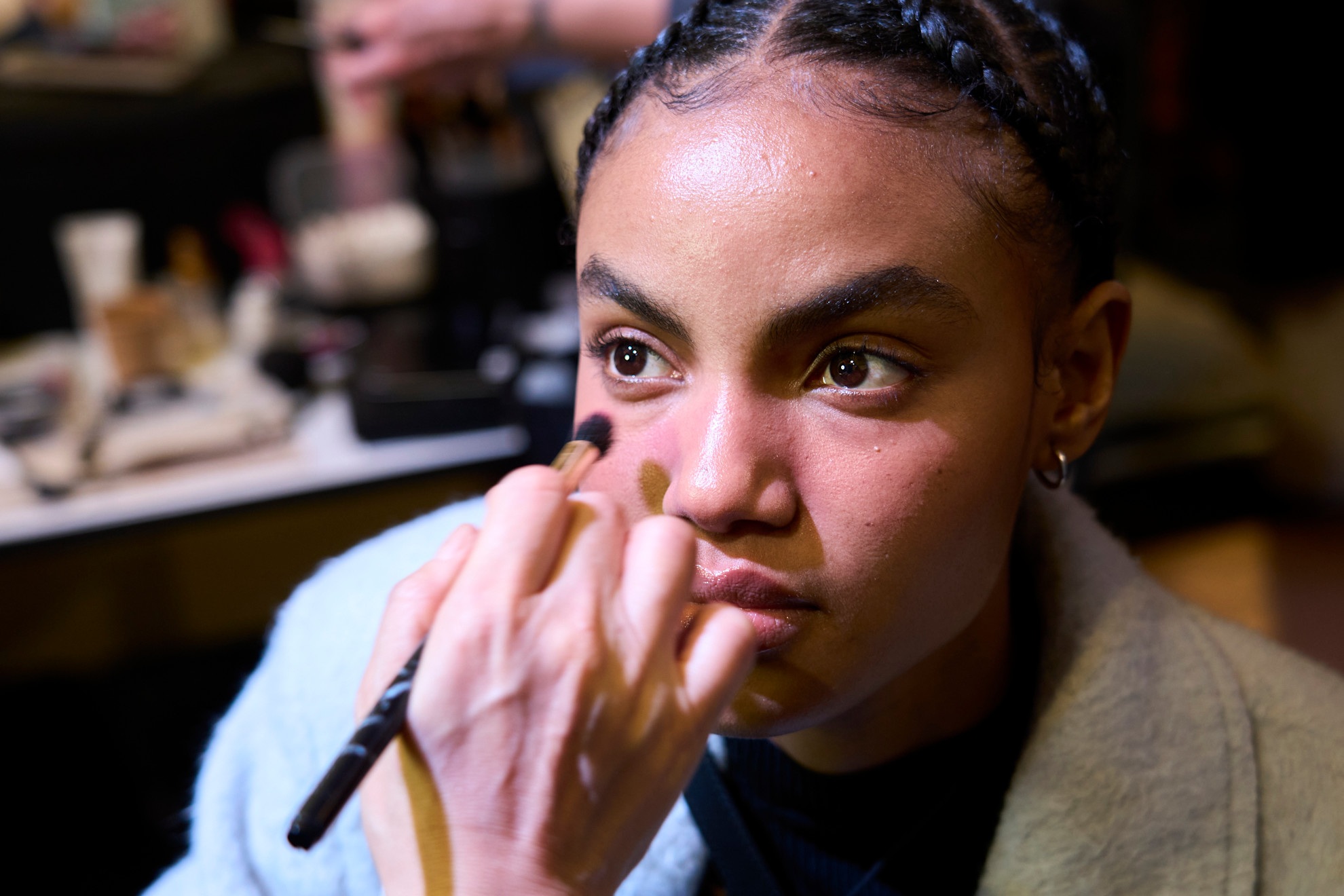
If you're prone to large or clogged pores, make sure to look for a "non-comedogenic" label on your makeup.
Lanolin, silicones, almond oil, and shea butter are among some of the ingredients you'll want to avoid in your foundations, bronzers, and blushes. "Makeup can be occlusive if applied too much, or the product is too heavy," says Dr. Greenfield. "Once pores are occluded, they can appear larger."
Instead, she suggests looking for non-comedogenic products that are "designed in a way to avoid occluding the skin." Mineral makeup is typically the safest bet.
Pore Minimizing Tip #12: Get a Chemical Peel
"Medical-grade chemical peels at the dermatologist's office can certainly help in reducing the appearance of pores and create a glossy, glowing, and dewy appearance to the skin," says Dr. Greenfield. You'll want to start off with a gentler version to see how your skin reacts, but incorporating one into your skincare regimen every few months is a great way to maintain smaller-looking pores. Just make sure you're seeing a board-certified doctor and following all aftercare instructions from your provider.
Pore Minimizing Tip #13: Try Forehead Botox or Filler
Hear me out: Botox or filler might reduce the look of your pores. "Fillers and botox are not specifically designed to reduce the appearance of pores," explains Dr. Greenfield, "but controlling the movement of certain facial muscles through the use of botox sometimes does shave a positive effect on the appearance of pores, especially on the forehead."
If you're already contemplating getting injected, these potential pore-minimizing benefits might convince you.
Meet the Dermatologists

As the Director of Cosmetic and Clinical Research at Mount Sinai Hospital's Department of Dermatology, Dr. Zeichner has a broad interest in medical and cosmetic dermatology as well as clinical research. His specialty is the treatment of acne, as well as the cosmetic rejuvenation of the aging face. Dr. Zeichner treats general skin conditions, including eczema, rosecea, psoriasis, and skin cancer. In addition, he is well-versed in the use of Botox and dermal fillers, as well as lasers and chemical peels.
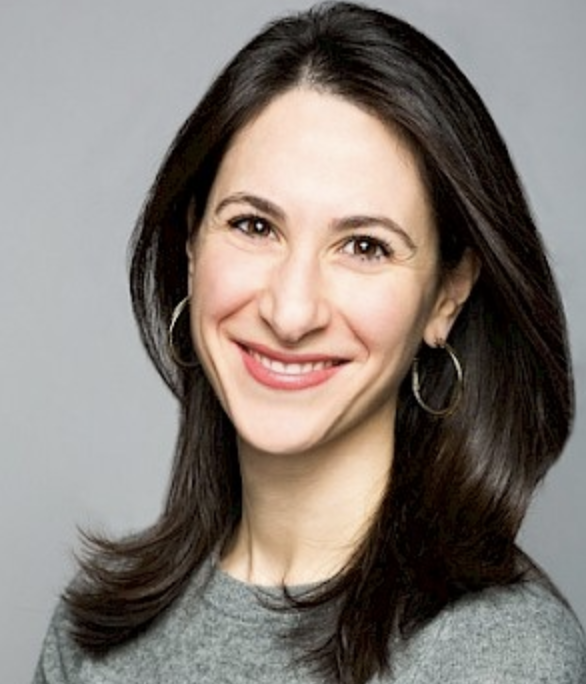
Dr. Nazarian is licensed to practice medicine in New York and she is board certified in dermatology. She earned her B.S from Brandeis University where she took a triple major. During her last year of college she worked in Clay Cockerell’s Dermato-pathology lab and following graduation, she worked at the Ackerman Academy of Dermatopathology. Dr. Nazarian served as the Interim Practice Manager for the Department of Dermatology, facilitating many changes that improved the practice. She attended Tulane University’s School of Medicine where she completed her studies for her M.D. degree. While at Tulane, the Women’s Dermatologic Society gave Dr. Nazarian a Medical Student Awareness Research Grant. Dr. Nazarian did her internship in Internal Medicine at St. Luke’s-Roosevelt Hospital, where she entered dermatology residency program which she finished at Mount Sinai. Aside from her clinical training, Dr. Nazarian has done research with a number of outstanding and world-renowned clinicians gaining valuable experience and skills. She is the author of four books chapters on Rocky Mountain spotted fever, pityriasis versicolor, vesiculobullous diseases and child abuse, as well as five peer reviewed articles. Dr. Nazarian is a frequent presenter at the annual meetings of the American Academy of Dermatology.

Ginger King has been passionately creating beauty products from concept to finish since 1995. She is well versed in innovative concepts, creative product formulation, advanced technology applications, ergonomic package development and impactful competitive analysis. Ginger has developed over hundreds of products from hair care to skin care, and sun care to color cosmetics. Her claim to fame products include the revolutionary first to market Joico Ice Spiker, water resistant hair glue, Freeze 24.7 Ice Shield, SPF 15 face wash and Avon Advance Techniques Color Protection series. Her Avon True Color Eye shadow and Daring Definition Mousse Mascara have also been selected as the finalists for CEW (Cosmetic Executive Women) for 2005 and 2006 respectively.

Dr. Nava Greenfield is a dermatologist practicing at Schweiger Dermatology Group. Dr. Greenfield earned her Bachelor’s Degree from Queens College, City University of New York, where she graduated Cum Laude with honors in mathematics, natural sciences, chemistry and biochemistry.
Dr. Greenfield attended medical school at the Albert Einstein College of Medicine, Yeshiva University. She completed her internship at Yale-New Haven Hospital and her residency in dermatology at SUNY Downstate Medical Center. Dr. Greenfield has been published in many medical journals, including The Journal of Dermatological Treatment, the Journal of Women’s Dermatology and Pediatrics. Dr. Greenfield is a member of the American Academy of Dermatology, Alpha Omega Alpha Honor Medical Society, Women’s Dermatologic Society and the American Medical Association.

Samantha Holender is the Senior Beauty Editor at Marie Claire, where she reports on the best new launches, dives into the science behind skincare, and shares the breakdown on the latest and greatest trends in the beauty space. She's studied up on every ingredient you'll find on INCI list and is constantly in search of the world's glowiest makeup products. She's constantly tracking the biggest nail and hair trends to pop up in the beauty space, going backstage during fashion weeks, tracking celebrity looks, and constantly talking to celebrity hair stylists, nail artists, and makeup artists. Prior to joining the team, she worked as Us Weekly’s Beauty and Style Editor, where she stayed on the pulse of pop culture and broke down celebrity beauty routines, hair transformations, and red carpet looks. Her words have also appeared on Popsugar, Makeup.com, Skincare.com, Delish.com, and Philadelphia Wedding. Samantha also serves as a board member for the American Society of Magazine Editors (ASME). She first joined the organization in 2018, when she worked as an editorial intern at Food Network Magazine and Pioneer Woman Magazine. Samantha has a degree in Journalism and Mass Communications from The George Washington University’s School of Media and Public Affairs. While at GWU, she was a founding member of the school’s HerCampus chapter and served as its President for four years. When she’s not deep in the beauty closet or swatching eyeshadows, you can find her obsessing over Real Housewives and all things Bravo. Keep up with her on Instagram @samholender.
-
 Act Fast—Diptyque’s Cult-Favorite City Candles Are Finally Available Online But for 10 Days Only
Act Fast—Diptyque’s Cult-Favorite City Candles Are Finally Available Online But for 10 Days OnlySatisfy your wanderlust, minus the jet lag.
By Brooke Knappenberger Published
-
 The 5 Spring and Summer Trends a Nordstrom Fashion Director Is Actually Buying
The 5 Spring and Summer Trends a Nordstrom Fashion Director Is Actually BuyingFrom groovy boho styles to polished gardener-inspired outfits.
By Lauren Tappan Published
-
 'Bad Influence' Charts the Demise of a Popular Social Media Squad—Here's Where the Kidfluencers Are Now
'Bad Influence' Charts the Demise of a Popular Social Media Squad—Here's Where the Kidfluencers Are NowThe names in the Netflix docuseries have fallen out of touch with subject Piper Rockelle.
By Quinci LeGardye Published
-
 Everything You Need to Know About Marie Claire’s Skin and Hair Awards
Everything You Need to Know About Marie Claire’s Skin and Hair AwardsCould your brand survive an editor testing session?
By Ariel Baker Published
-
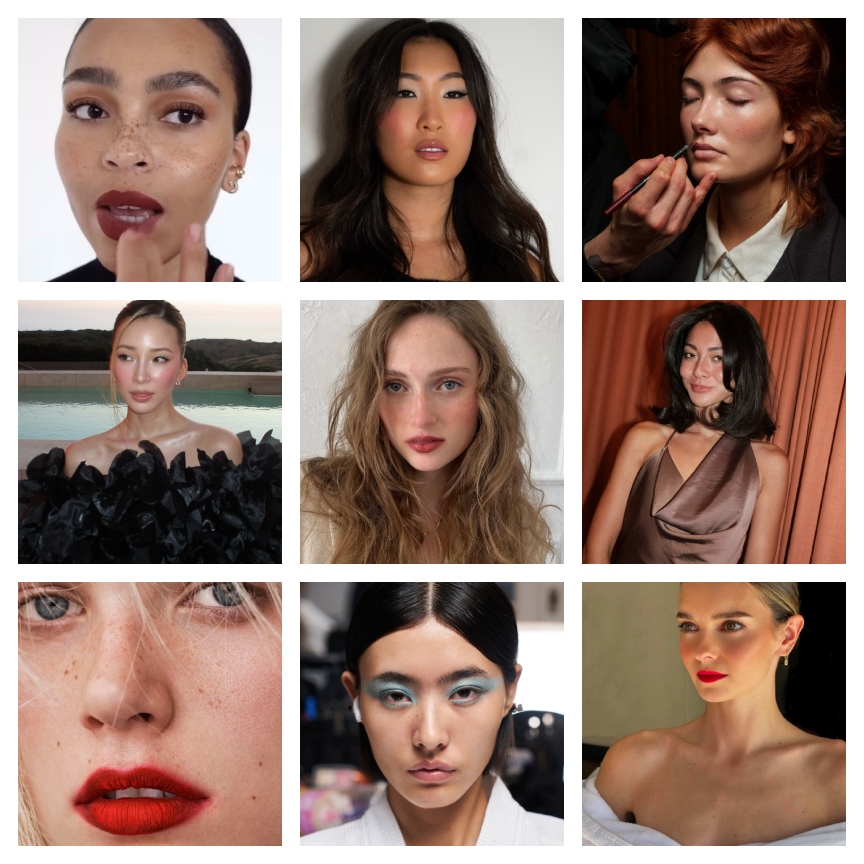 The 11 Best Spring Makeup Trends Are Sexy, Sensual, and Perfectly Luminous
The 11 Best Spring Makeup Trends Are Sexy, Sensual, and Perfectly LuminousIt's dew or die time.
By Jamie Wilson Published
-
 Simone Ashley’s Indie Sleaze Glam Is a Cool-Toned Dream
Simone Ashley’s Indie Sleaze Glam Is a Cool-Toned DreamThe actor was spotted in New York City looking like the epitome of cool-toned beauty.
By Ariel Baker Published
-
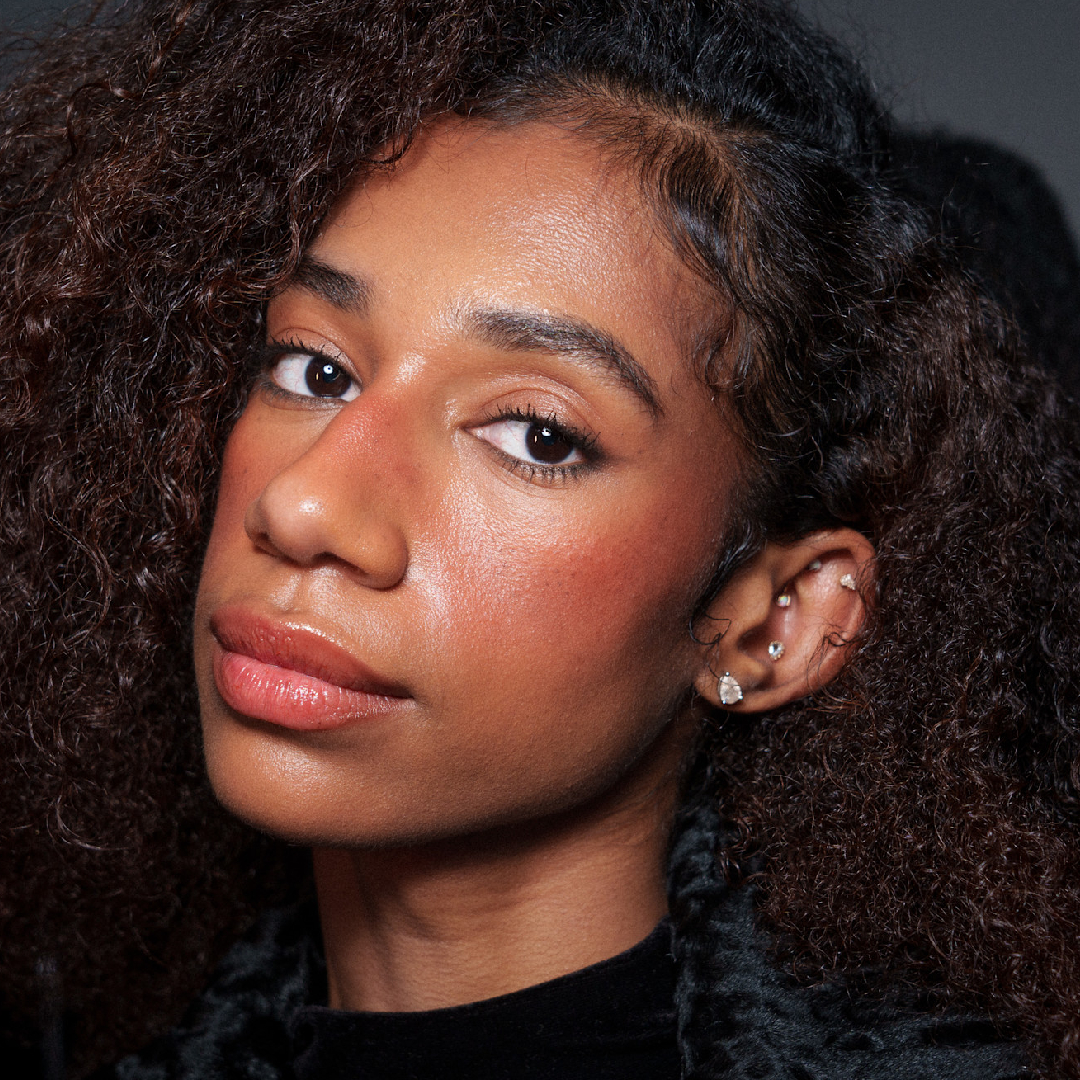 The 10 Best Hair Growth Shampoos of 2025, Tested by Editors
The 10 Best Hair Growth Shampoos of 2025, Tested by EditorsExpensive and healthy-looking hair on lock.
By Marisa Petrarca Published
-
 New York Fashion Week’s Fall/Winter 2025 Best Beauty Moments Are a Lesson in Juxtaposition
New York Fashion Week’s Fall/Winter 2025 Best Beauty Moments Are a Lesson in JuxtapositionThe week's best beauty looks were a maximalism master class.
By Ariel Baker Published
-
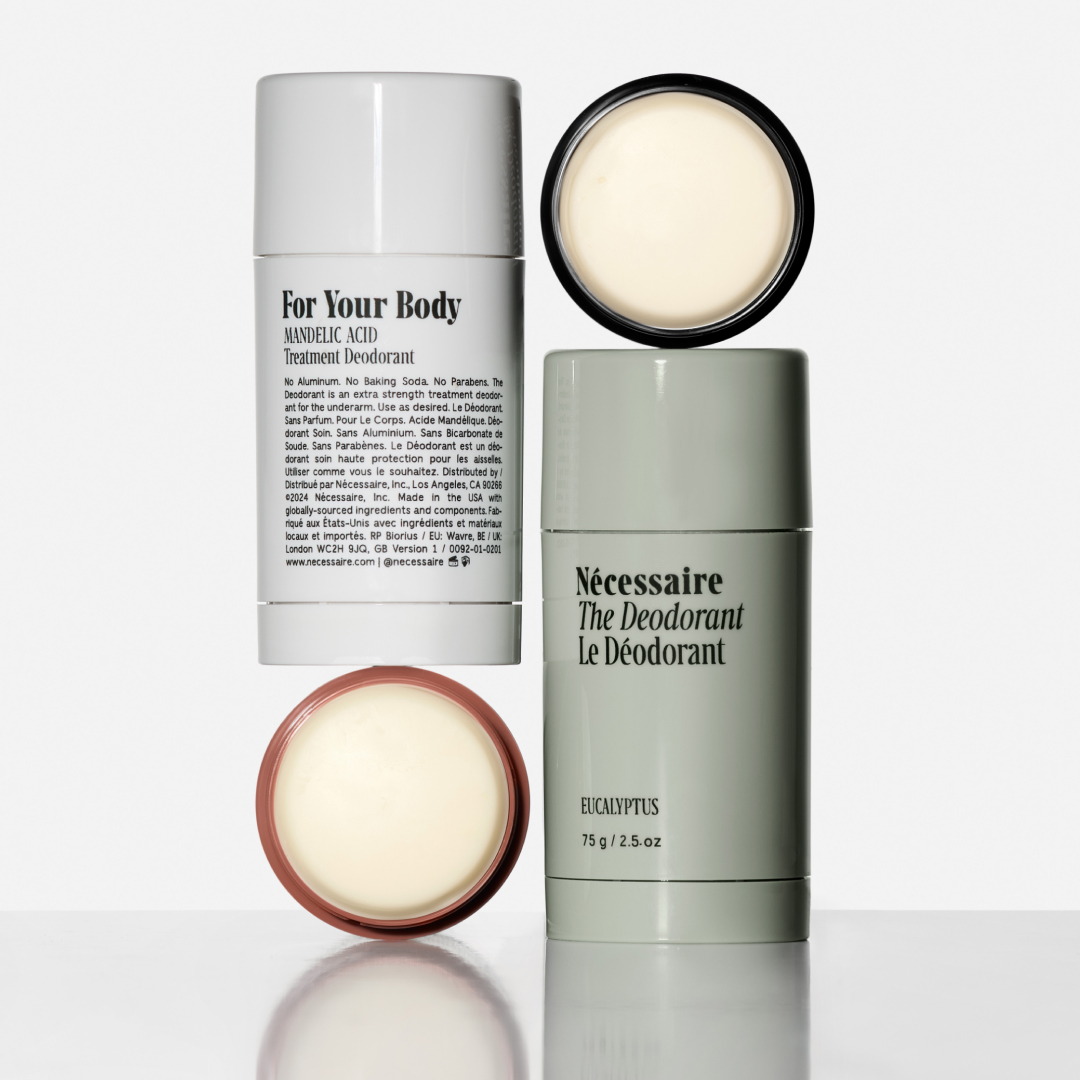 Nécessaire's Extra-Strength Deodorant Outlasts an Editor's Sweatiest Test: Fashion Week
Nécessaire's Extra-Strength Deodorant Outlasts an Editor's Sweatiest Test: Fashion WeekEven with my hectic schedule, I've never smelled better.
By Halie LeSavage Published
-
 Lily-Rose Depp’s Cool-Toned Makeup Is So ‘90s Coded
Lily-Rose Depp’s Cool-Toned Makeup Is So ‘90s CodedClean girl meets grunge.
By Ariel Baker Published
-
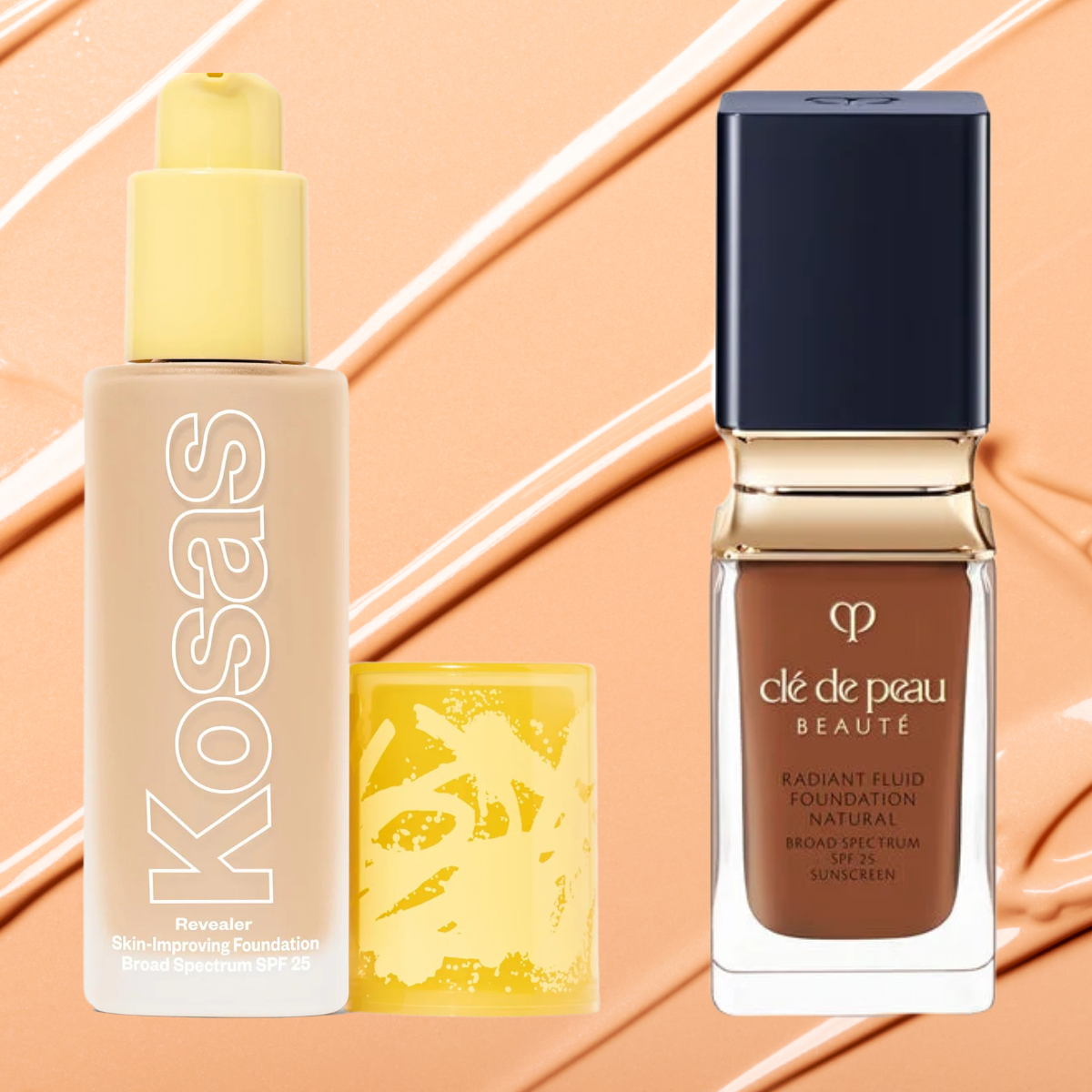 The 13 Best Foundations for Mature Skin, Tested by Women Over 50
The 13 Best Foundations for Mature Skin, Tested by Women Over 50It's perfect for mature complexions.
By Siena Gagliano Published
